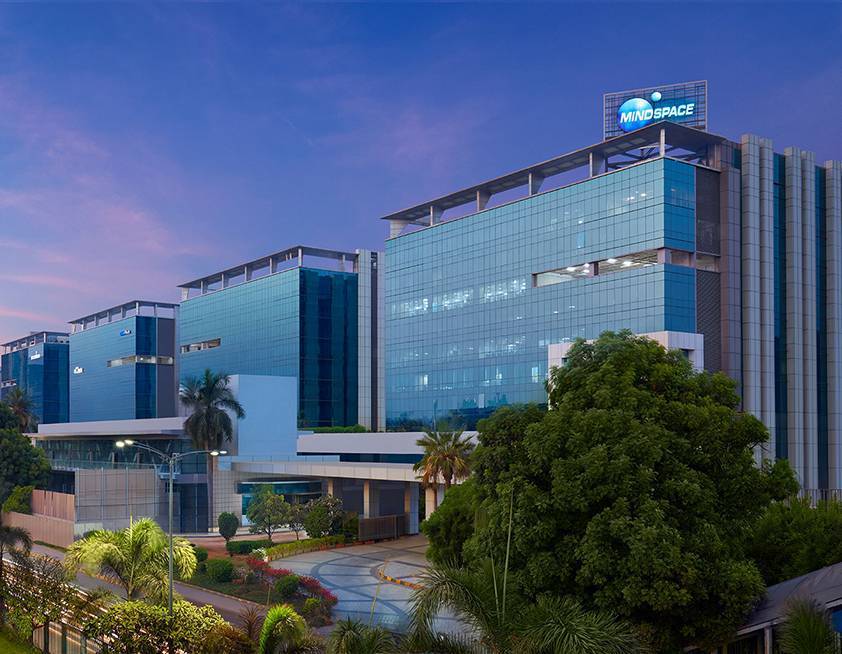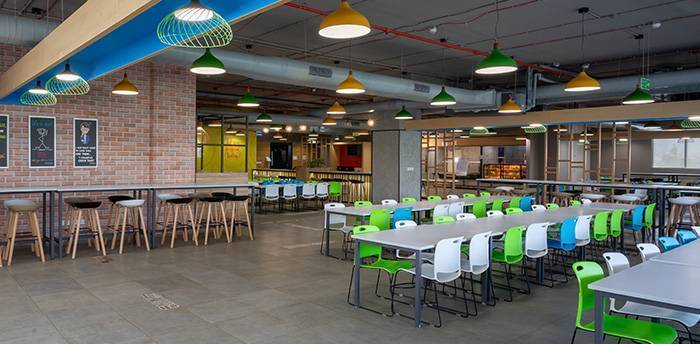Etonhurst Capital Partners has completed one of the most notable transactions in Mumbai’s real estate sector with the acquisition of 37 ready-to-move-in luxury apartments in Worli. The deal, valued at more than Rs 500 crore, represents the first large-scale inventory buyout by an institutional investor in the luxury housing segment.
The apartments, located in towers A and B of the Omkar 1973 project, were purchased from Piramal Finance, the non-banking finance arm of Piramal Group. Piramal had received these units as part of a debt resolution with Omkar Realtors & Developers, the project’s original developer. The residences have already received occupation certificates from the city’s civic authority, making them ready for possession.
The portfolio spans approximately 80,000 square feet of carpet area, with individual apartments ranging between 2,000 and 3,800 square feet. Configurations include a mix of three- and four-bedroom layouts, designed to cater to families seeking large living spaces in one of Mumbai’s most established premium micro-markets. While the apartments are structurally complete, Etonhurst has earmarked around Rs 50 crore for refurbishment. The planned upgrades will bring the homes in line with prevailing standards in the city’s top-tier residential projects.
The Omkar 1973 development was originally envisioned as a three-tower complex offering expansive layouts and premium amenities. Towers A and B are complete and occupied, housing a mix of professionals and business families. The third tower, however, remains unfinished, and this incomplete state has led to the development being priced below the current average for Worli’s luxury real estate market. By comparison, new and under-construction projects in the locality are currently commanding between Rs 1.20 lakh and Rs 1.80 lakh per square foot.
Etonhurst’s entry into this segment is viewed as a strategic opportunity. With infrastructure upgrades such as the coastal road and metro network improving connectivity across south and central Mumbai, demand for large-format apartments in established neighborhoods remains strong. The ready status of these units provides an additional advantage at a time when delays in under-construction projects often deter buyers.
Industry consultants note that institutional buyouts of this nature are still rare in India’s luxury housing market. The limited supply of completed, occupation certificate-approved units has traditionally restricted such large transactions. By acquiring the inventory at a discounted rate, Etonhurst is well-positioned to create value through refurbishment, phased marketing, and capital deployment that allows for patient sales rather than distress-driven disposals.
Market Context and Significance
The luxury housing segment in Mumbai has recorded steady sales growth over the past three years, supported by domestic end-users, non-resident Indians, and high-net-worth individuals. Buyers in this category increasingly prefer larger residences with extensive amenities, a trend reinforced by changing lifestyle requirements and evolving work patterns.
As per India Today report, among the city’s micro-markets, Worli retained its top spot, contributing 22% of the total primary sales value. Bandra West and Tardeo also showed strong growth, with sales rising by 192% and 254% respectively in first half of 2025.
Institutional acquisitions in residential real estate remain uncommon. Most such transactions in India have been in commercial office, retail, or logistics assets, which provide predictable rental yields. The Etonhurst-deal indicates a shift in investment strategies, with some institutions willing to participate in residential opportunities if the product quality, location, and pricing align with long-term objectives.
It also illustrates how developers are adopting flexible monetisation strategies. By securing a single large-scale transaction, they can de-risk projects, improve cash flow, and redirect capital into ongoing or future developments.
Worli’s Role in Mumbai’s Housing Market
Worli, located in South Mumbai, is a well-established premium residential destination. It offers proximity to major business districts including Lower Parel and Bandra-Kurla Complex, as well as access to retail, dining, and leisure infrastructure. Over the past decade, the locality has attracted multiple high-rise luxury projects catering to both domestic and overseas buyers.
Ongoing infrastructure upgrades, including the Mumbai Coastal Road and Mumbai Trans Harbour Link, are expected to improve connectivity and reduce travel times to other parts of the city. These developments are anticipated to enhance Worli’s appeal among both end-users and long-term investors in the luxury segment.
Institutional Interest in Residential Assets
In India, institutional participation in the residential sector is still developing compared to more mature global markets. Challenges such as market cyclicality, lack of large-scale rental platforms, and regulatory factors have historically limited such investment. However, the combination of strong demand in the luxury category and opportunities for negotiated pricing is prompting some investors to explore residential asset acquisitions.
The Etonhurst transaction suggests that under the right conditions—premium location, completed inventory, and competitive pricing, bulk acquisitions can work as a viable investment model. Although this transaction is significant in scale and positioning, its success could lead to similar inventory purchases in Mumbai, Delhi-NCR, Bengaluru, and other cities with established premium markets.
If early transactions of this kind deliver expected returns, institutional residential acquisitions could form a niche within the Indian real estate investment landscape. Developers may consider such deals as part of their project funding and risk management strategies, while investors could selectively target projects in high-demand micro-markets where branding and quality are established.
With demand for premium homes holding firm in India’s major cities, and institutional investors showing readiness to engage in residential transactions, bulk inventory buyouts could emerge as an additional tool shaping sales and funding strategies in the luxury housing market.









.png)